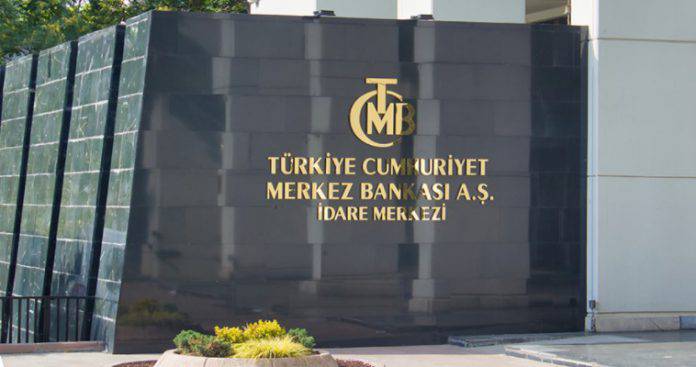Kostas Melas: Why the Turkish economy will again go downhill
01/12/2020
The problems in the Turkish economy are many. But three are paramount: reducing (hence the need for availability of funding resources) current account deficits, refinancing short-term external debt and limiting inflation.
All three are related to the evolution of the currency exchange rate in relation to reserve currencies. The emerging negative expectations for the evolution of the currency exchange rate – factors contributed to by factors related to Erdogan’s general economic, political, and geopolitical behavior – prevent the inflow of foreign capital (private investment or loans). This makes it extremely difficult to finance external deficits and refinance external debt.
This puts pressure on the foreign exchange market, with the result that the exchange rate of the Turkish currency increases against the reserve currencies and not just. The continuous rapid downturn of the currency triggers imported inflation, contributing to the increase of the total consumer price index.
The latest increase in interest rates by the Central Bank of Turkey is only a first step in reversing this situation. It may be able to stop the Turkish currency from slipping (and reduce the exchange rate slightly) in the short term, but in order to be more effective, it must have a positive effect on the factors that create the problem.
That is, it must restore the confidence of the international financial markets so that the flow of capital to the country can begin again. But this is not just a function of interest rates. It requires greater adaptation of economic policy to the international context of the operation of the economy and recognition of existing constraints.
Tough situation
At the same time, the new financial staff should gain the trust of Turkish depositors in the country’s currency. According to the latest data from the Central Bank of Turkey, 56% of the deposits in the Turkish banking system are in foreign currency, mainly in US dollars, compared to 50.0% in the corresponding period of 2019. This is an amount amounting to $ 225.8 billion (November 13, 2020). This phenomenon has been called “dollarization” and shows the lack of confidence of Turkish depositors in their country’s currency.
Therefore, in order to stabilize the exchange rate of the currency, the effort should first start with the restoration of confidence of Turkish depositors. This is quite difficult given the historical development of the Turkish currency exchange rate. It is worth noting that since January 1, 2005, when the new Turkish lira was introduced at an exchange rate of 1,325.7 against the dollar, the Turkish currency has been steadily fluctuating throughout Erdogan’s rule.
A good start would be to reduce the rate of inflation, which would reverse the ever-decreasing purchasing power of Turkish citizens. The policy of increasing wages on the verge of inflation, as well as the containment of loans or the increase of household consumption through loans, can hardly be continued in a regime of increasing interest rates and trying to reduce the exchange rate of the currency in relation to reserve currencies. In conclusion, the situation in the Turkish economy is difficult and continues to move in a state of great macroeconomic imbalance.
Scapegoats
The presence of President Erdogan can not easily create an environment for reducing existing uncertainty. President Erdogan, a prominent political player, will find it difficult to accept the constraints of a globalized system.
Erdogan’s gaze is constantly focused on his country’s political and electoral cycle, but also on his geopolitical aspirations. This must not escape our attention. At the same time, as a true oriental despot, he is ready to bargain for everything and to give in regularly in the face of insurmountable difficulties, only to return again when he deems that the environment allows it.
Already, the replacements of the Governor of the Central Bank and the Minister of Finance, in my opinion, want to show that those responsible for the current state of the Turkish economy are others, these two, who were given up as scapegoats, in order for Erdogan to remain unharmed. This is an issue, mainly addressed, for audiences within the country.
In the second point, it seems that given the current impasse, even Erdogan seems to have accepted (temporarily) that some greater adjustment of the economy is needed (first of all an increase in interest rates). But I’m afraid the adjustment will not be lengthy enough to be effective. With the first improvement in the exchange rate, but taking into account all the negative implications of rising interest rates, and especially the impact on GDP growth, investment and workers’ wages, I believe Erdogan will return to his well-known views on how economic policy should be exercised.
In closing, we note that since the currency exchange rate has improved, all analysts who read the economic developments in the neighboring country in stock terms have become temporarily silent. All the analysis about the impending collapse of the Turkish economy has been withdrawn from the front pages of newspapers and electronic media. They will come back, I am sure, at the first opportunity, always based on the “airport economicss”.





